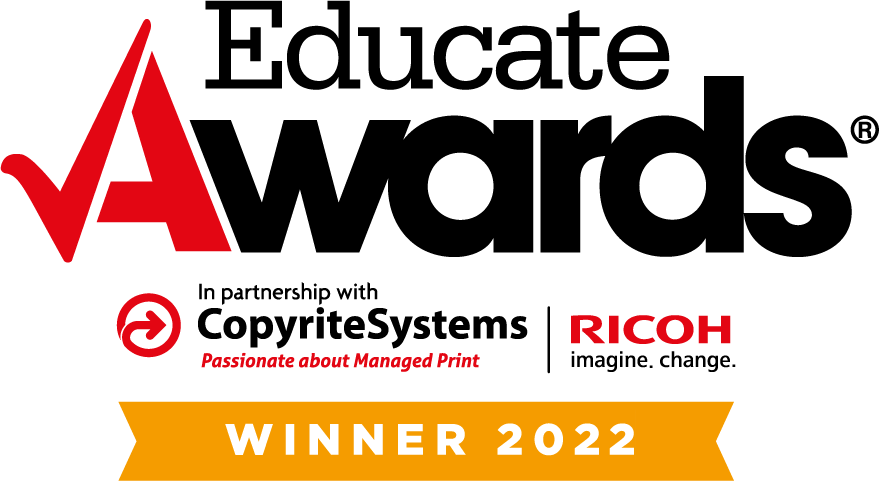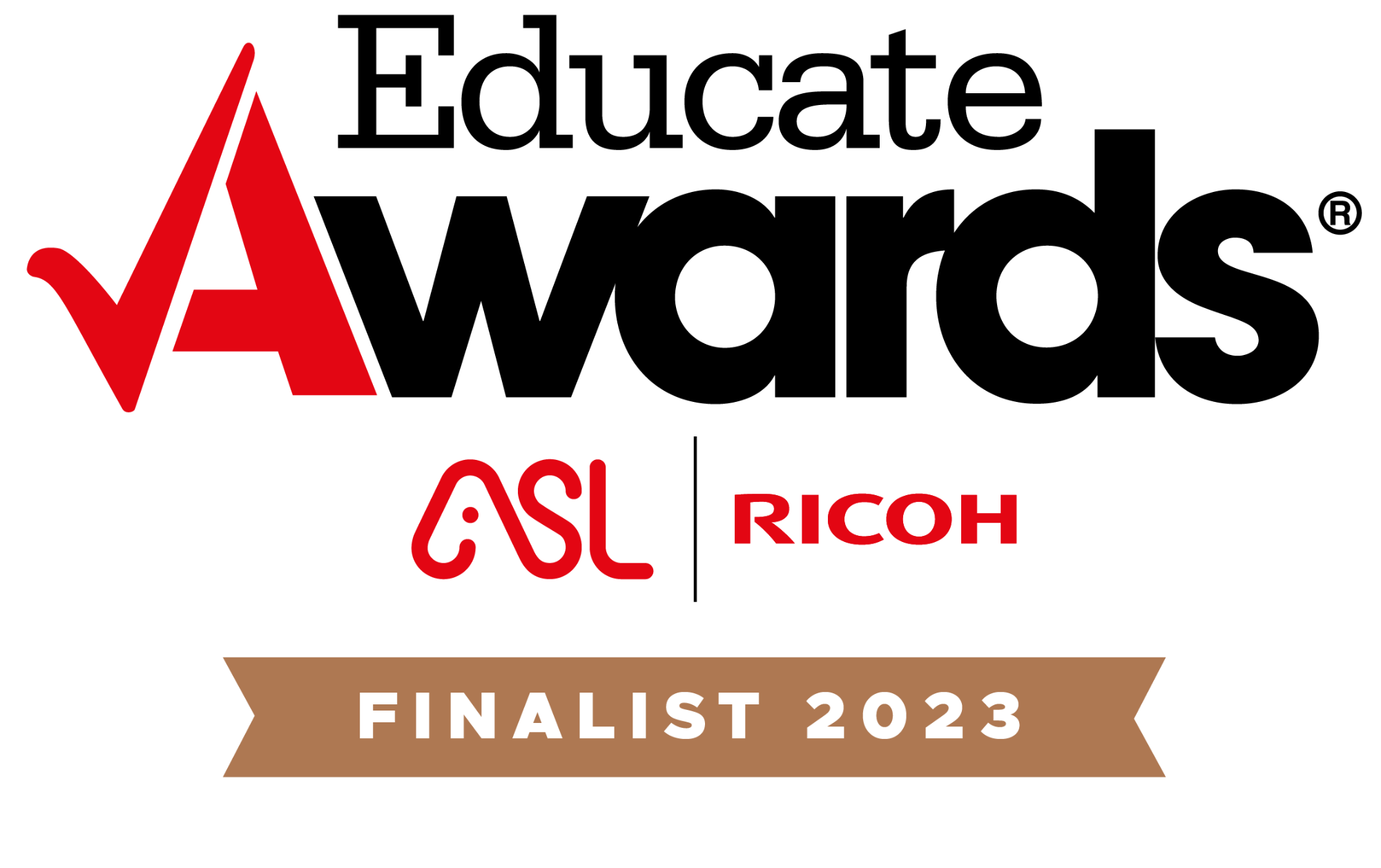Design and Technology/Technology
KS3 Design Technology
Students are taught to be creative and use their imagination to design and make a range of products which solve real and relevant problems. They are taught to apply their designs to a variety of different contexts, whilst considering their own and others’ needs, wants and values. Risk taking is encouraged, being resourceful, being innovative, enterprising and being capable is supported.
The curriculum actively encourages students to build and apply a repertoire of knowledge, understanding and skills so that they can design and make high quality prototypes using a range of different materials such as wood, metal, plastic and fabric. Students are taught to consider other users for their products as well as industrial contexts such as manufacturing, construction and fashion. Through their ideas they are then taught to critique, evaluate and test their ideas and products and consider the environment, and world around us.
KS4 Design Technology
Design Technology will prepare students to participate confidently and successfully in an increasingly technological world. Student will gain awareness and learn from wider influences within Design Technology such as historical, social, cultural, environmental and economic factors. Students will be encouraged to work creatively when designing and making and apply technical and practical expertise.
What you will learn!
The subject content has been split into three sections as follows:-
Core technical principles
In order to make effective design choices students will need a breadth of core technical knowledge and understanding that consists of: new and emerging technologies, energy generation and storage, developments in new materials, systems approach to designing, mechanical devices and materials and their working properties.
Specialist technical principles
In addition to the core technical principles, all students should develop an in-depth knowledge and understanding of the following specialist technical principles: selection of materials or components, forces and stresses, ecological and social footprint, sources and origins, using and working with materials, stock forms, types and sizes, scales of production, specialist techniques and processes, surface treatments and finishes.
Designing and making principles
Students should be taught that all design and technology activities take place within a wide range of contexts. They should be able to understand how the prototypes that they develop must satisfy wants or needs and be fit for their intended use. For example, the home, school, work or leisure. As a result they will need to demonstrate and apply knowledge and understanding of designing and making principles in relation to the following areas: primary and secondary data, environmental, social and economic challenge, the work of others, design strategies, design ideas, prototypes, selection of materials and components, tolerances, material management, specialist tools and equipment, specialist techniques and processes.
How students are assessed!
50% - Written Examination.
50% - NEA (Coursework)



